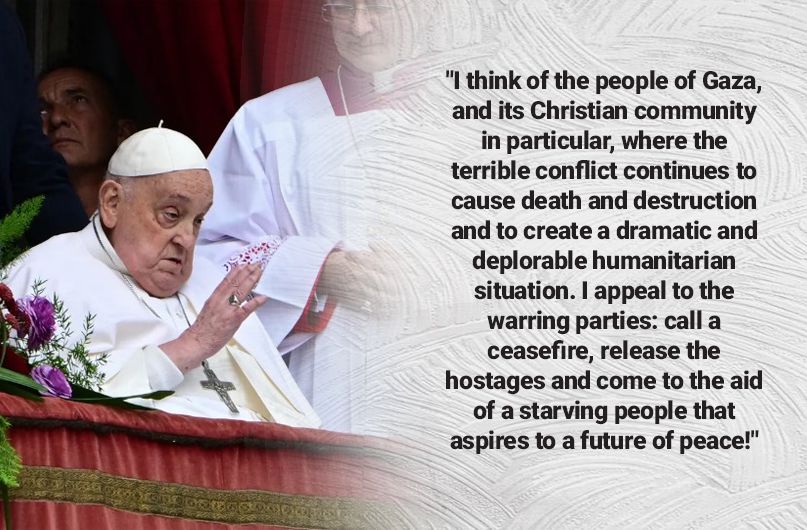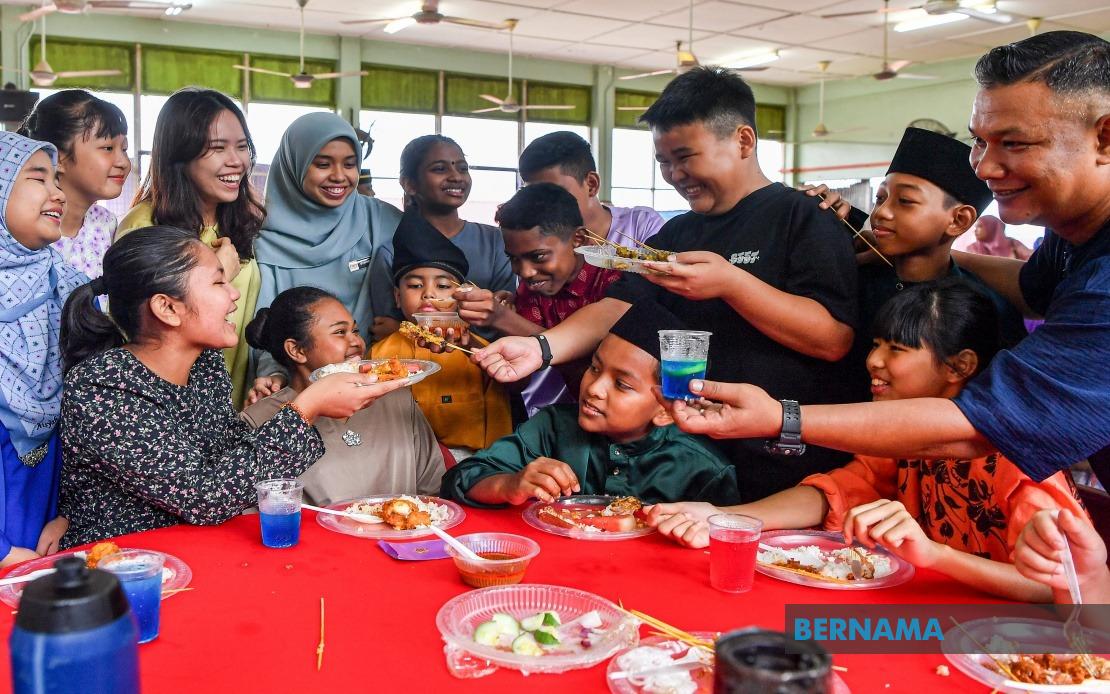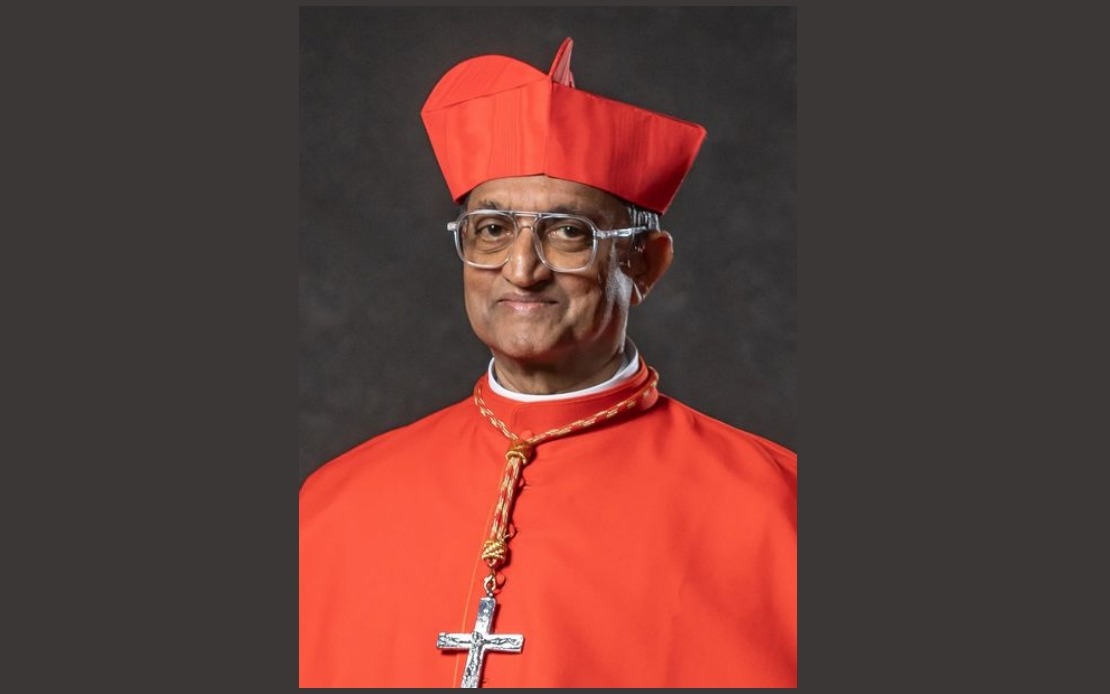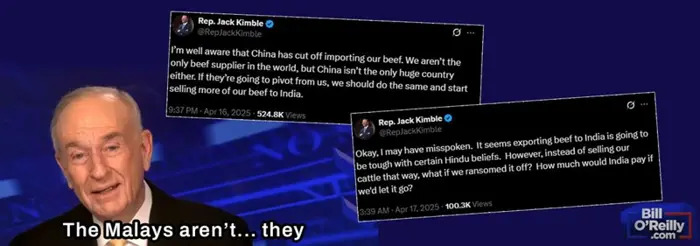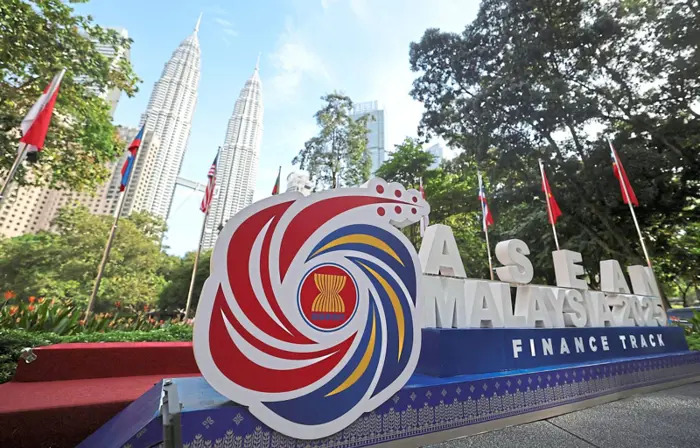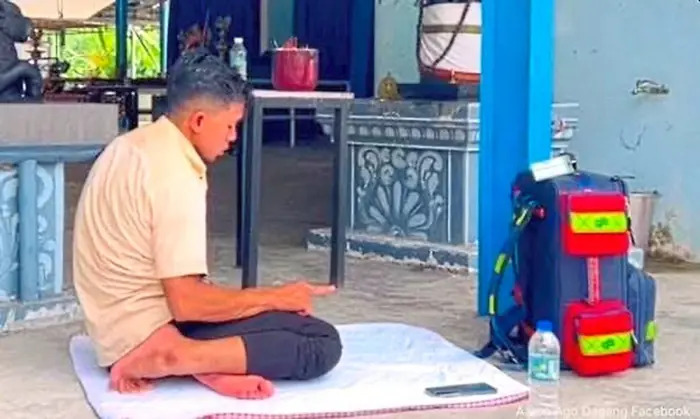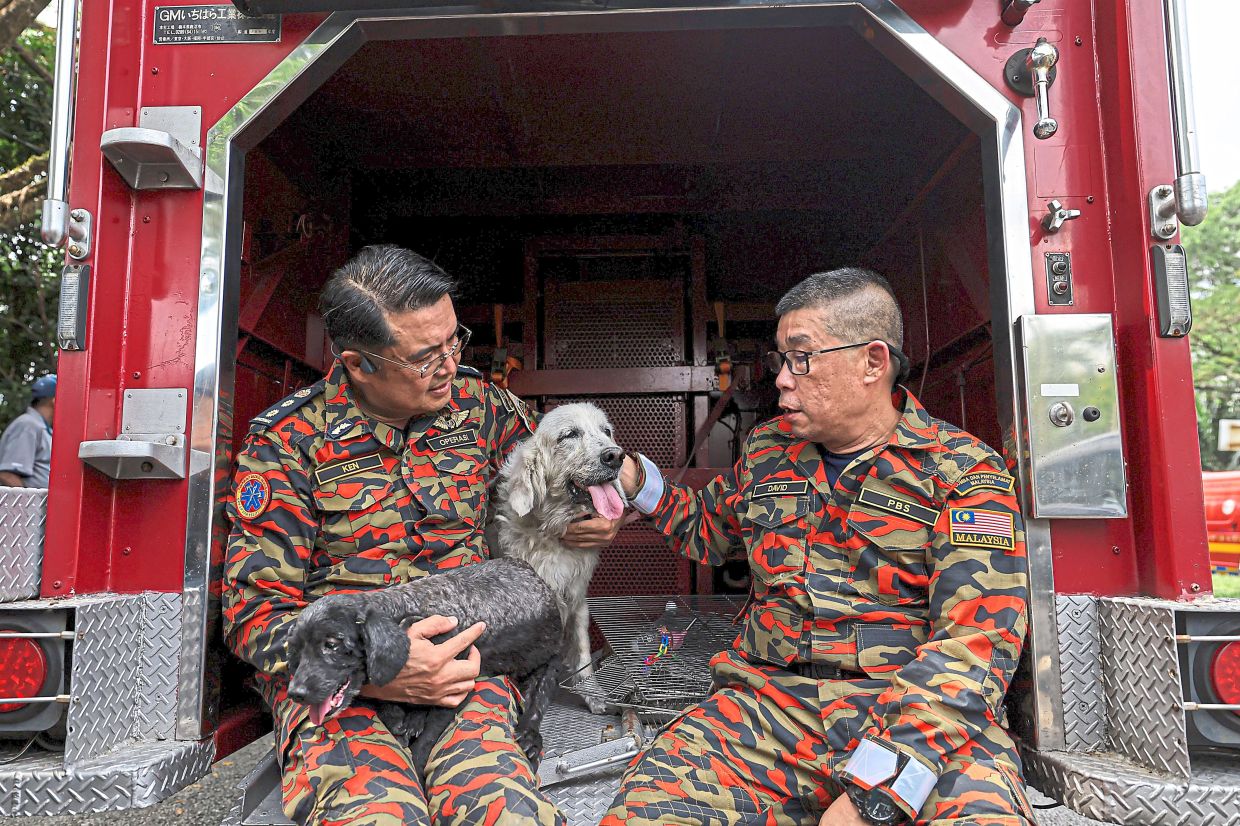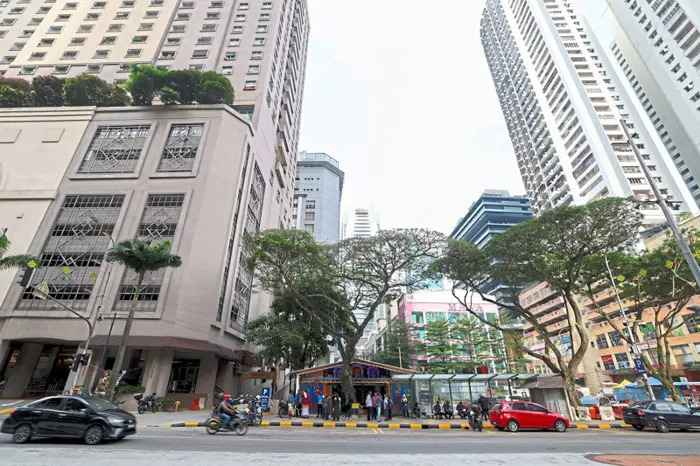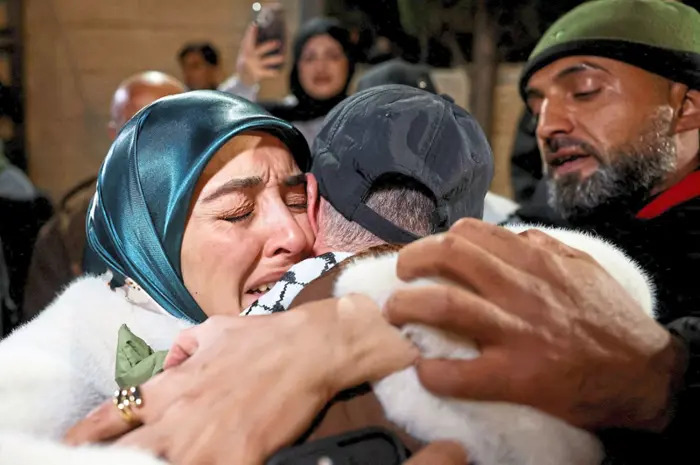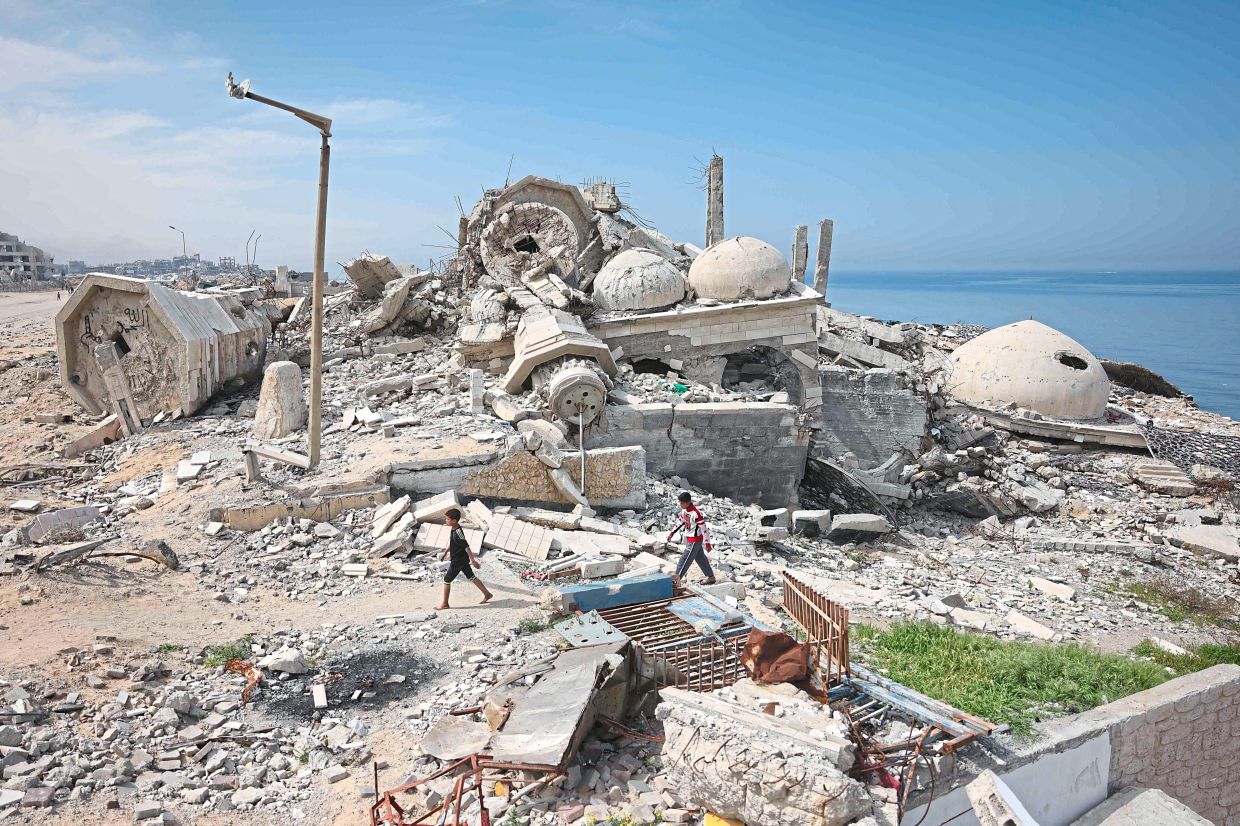IT’S a foregone conclusion that the ruling People’s Action Party (PAP) will win the Singapore general election taking place tomorrow and retain its reign as government.
But what is different from the previous 13 polls is that the opposition is believed to have a better chance of increasing its seats and popular votes this time.
The voices of discontentment, which range from the increasing cost of living to the class divide, expensive healthcare, and housing availability in one of the world’s most expensive cities, have grown louder.
Even the increasing number of highly paid expatriates, especially bankers, has become an issue in the heartland.
Angry Singaporeans complain of government leaders, who may be highly educated but are perceived to be detached from the ordinary folks struggling to pay their bills.
These frustrations have been amplified through social media by the younger voters, who are more open with their grouses, unlike the older generation in the past.
The “uncles and aunties” at food courts are grumbling that their “cheng hoo” (government in Hokkien, the common dialect among the predominant Chinese group) is not listening hard enough.
There is a perception that voters, especially the young, are now more willing to embrace diverse politics with stronger opposition voices and ideas.
In short, the PAP monopoly with its tested political and economic stability line may not be enough for the digital generation.
There is no danger of the PAP losing a two-thirds majority or even losing a substantial number of seats.
Its biggest rival, the Workers’ Party, which has 10 seats, is competing for only 26 seats.
The third party from the previous parliament, the Progress Singapore Party, is contesting only 13 seats.
With 97 parliamentary seats to be decided, five have already gone to the PAP because it is running unopposed in one multi-member constituency.
Multi-member constituencies were created to enable multi-racial candidates of up to six from each party to be fielded, aimed at ensuring representation from various races.
A total of 211 candidates are contesting in the elections, with 46% from PAP.
The opposition are split, with 11 parties competing.
There are 33 constituencies, 17 of which are multi-member and 15 single-member, and only five constituencies will be contested by more than two parties.
Reuters reported that PAP’s share of the popular vote fell to 61% in 2020 from 70% in 2015.
“If it sees another decline and the opposition Workers’ Party builds on its record 10 seats in 2020, it could be interpreted as a sign that after six decades in charge, the PAP’s mandate and grip on power are slowly weakening.
“With a track record of good governance, attracting investment and ensuring stability of the trade-reliant economy, the PAP remains the dominant force in Singapore politics with resources that dwarf its opponents and a big party membership to draw from.”
Senior Minister Lee Hsien Loong, who was premier for two decades, warned at a PAP rally on Sunday that opposition seat gains would “weaken the ruling party’s ability to govern” and result in the loss of experienced ministers, it said.
The test isn’t just on the PAP, which has won every poll since the island republic’s independence in 1965, but on the leadership of the new Prime Minister Lawrence Wong.
He needs a solid mandate to prove his mantle, but a drop in the popular votes and an increase on the opposition bench would not be a signal that he wants.
For Malaysians, the elections across the Causeway have never been exciting.
In fact, the Malaysian media provide little coverage, as they do not see any excitement.
There is unlikely to be a realistic “Ini Kali Lah”, although the opposition has touted, “Can we change history?” as its rallying cry.
There has been a massive crowd at rallies in some constituencies, but how much of it will be translated into real votes will be answered this Saturday.
Will the majority of Singaporeans remain “kia cheng hoo” (afraid of the government) and “kiasi” (afraid to be in trouble), or will they surprise the world?
The voting centres close at 8pm, and results will be late if they are tight in some areas.
Stay tuned.



